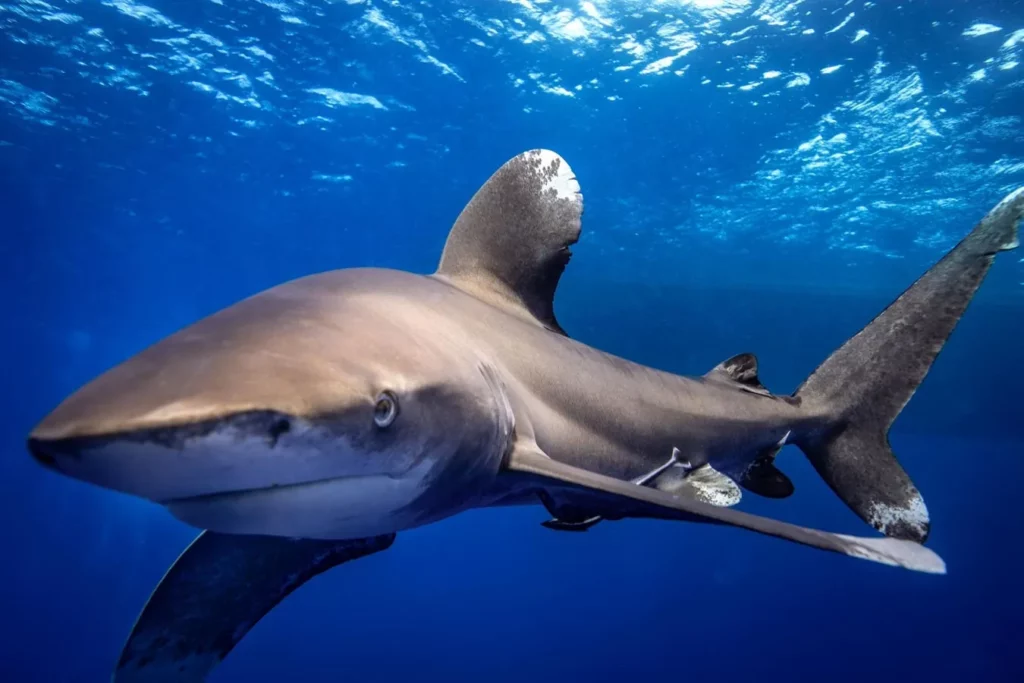
CITES Proposals Aim To Stop Shark Extinction Spiral
Governments around the world have formally proposed urgent protections for over 70 species of sharks and rays under the Convention on International Trade in Endangered Species of Wild Fauna and Flora. This move comes as a response to scientists’ long-standing warnings that unsustainable trade practices are pushing many shark and ray species towards extinction.
The proposals seek to provide a lifeline to these marine animals by effectively banning international commercial trade for some species, such as whale sharks, oceanic whitetips, manta rays, and wedgefish. This drastic measure is necessary due to the slow reproduction rates, long lifespans, and vulnerability of these species to overfishing.
Instead of focusing on sustainable trade, conservationists hope that this move will prioritize the protection of these species in their natural habitats. According to a recent study, CITES-listed sharks and rays are still entering international trade at alarming numbers, emphasizing the need for stronger action to prevent irreversible losses.
Luke Warwick, Director of Shark and Ray Conservation for the Wildlife Conservation Society, emphasized the urgency of this issue: “We must act now to prevent irreversible losses. Stronger action is clearly justified.” These proposals meet all CITES criteria and offer a chance to act before it’s too late, as these species are at risk of disappearing within our lifetimes.
The stakes are clear – if adopted, these proposals could represent a major turning point for marine conservation efforts. Failure to do so would lead to the loss not only of shark and ray populations but also the livelihoods, traditions, and futures of numerous coastal communities worldwide.
Conservationists hope that this move marks a shift in recognizing the unsustainable impact of trade on sharks and rays, and will lead to more stringent measures to protect these marine animals.
Source: www.forbes.com


